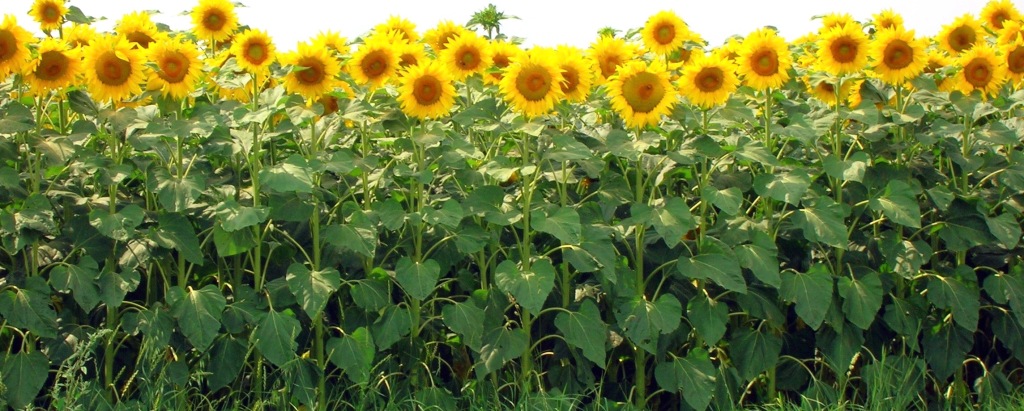For the past 4 months, internet searches worldwide have shown a significant increase in the quest for weight loss information, according to Google Trends. It seems covid-19 has taken away not only our freedoms, but also our willpower. Many of us have put on weight as a result of gym closures, more time at home, fewer social interactions, and higher stress levels. Several recent news stories have focused on increased consumer demand for comfort foods such as hamburgers & fries, hot dogs, pizza, and ice cream. These foods, which are often filled with artificial ingredients, salt, sugar, fat, and excess calories, can offer a brief sense of stress relief as a result of their effects on the brain’s reward center, much like cocaine or heroine. But once that fades, we can be left with a sugar crash, extra calories to burn (or store as fat), an unhappy gut, guilt, and/or an overall sense of feeling worse than before we ate them.
So what can we do to make ourselves feel better and drop the extra weight? Learn to work with our bodies. As you may have already discovered from past articles, the health information I share is well outside the box, based on new and not-yet-popular scientific studies. The star of this article, the microbiome, has become an area of extensive study over recent years, and the findings are changing the way we understand the concepts of health and disease. (Side note: some physicians now assert that an unhealthy microbiome underlies all disease. But that is a subject for a future post!)

I’ve written before about the importance of this colony of bacteria in our guts (check out this article for my tips on immunity). What I didn’t mention in past posts is the fact that those bacteria are often in charge of the foods we crave and those we choose to eat. Yes, that’s right, in charge. According to an article from the US National Library of Medicine/National Institutes of Health entitled Is Eating Behavior Manipulated by the Gastrointestinal Microbiota?, the gut bacteria that we “host” can manipulate not only the brain’s reward center, but also our tastebuds, cravings, and mood. Furthermore, the less diverse the bacteria colony (a consequence of taking antibiotics and eating the same nutrient-depleted foods), the more power the bacteria has to manipulate us, increasing our chances of obesity. In fact, the control of the gut bacteria is so exacting that the article refers to them as puppet masters! Frightening, right?

In order to regain mastery of your cravings and relationship with food, and therefore your weight, it is necessary to diversify your microbiome. Making healthy choices, such as fresh organic fruits and vegetables, seasonal if possible, is a great first step. Introducing new foods to your diet results in new bacteria in your gut. Probiotic food and drinks, such as miso, sauerkraut, tempeh, kombucha, and kefir result in greater numbers of diverse healthy bacteria. Fiber-rich prebiotic foods, such as onions, garlic, leeks, asparagus, artichokes, dandelion greens and jicama support the growth of those good bacteria. And a healthy, diversified colony of microbes can help you make healthier food choices in the days, months and years ahead.

Fiber is extremely beneficial for gut bacteria, according to Justin & Erica Sonnenburg, PhDs, researchers at Stanford’s University of Medicine. Fiber is actually a carbohydrate (something you might want to consider if you’re doing keto or another low-carb diet) that is indigestible. The Sonnenburgs’ research team has done long-term studies of the gut bacteria of a hunter-gatherer tribe in Tanzania, whose members are considered models of vitality. Their studies revealed that each member of the tribe consumes between 100 and 150 grams of dietary fiber daily. Most Americans, it pains me to say, take in about 15 grams per day.
In addition to being a favorite food of the good gut bacteria, fiber also helps your body eliminate toxic chemicals, such as artificial food additives, pesticides, and environmental pollutants. These toxins, often stored in fats, interrupt the body’s normal functioning around blood sugar and cholesterol, which can lead to diabetes and obesity. (For more on this, click this link : Environmental Pollution and Diabetes: a Neglected Association.)
Proper hydration makes your microbiome happy, as well. (For additional info, see my article Hydration – No, Really). Healthy fats like seeds, nuts, and avocados are deeply hydrating and should be a part of your daily intake. Drinking plenty of mineralized water (made with fresh lemon juice and/or Himalayan salt) & eating lots of melons, cucumbers, celery, grapes, peaches, berries, & other water-rich fruits keeps your cells & fascia hydrated. When your body is not properly hydrated, you become unable to regularly eliminate food and toxins. You have less energy. You can feel dull and heavy. Your blood thickens, making your heart and kidneys work harder. (Check out New York Times best-selling author Anthony William’s book Liver Rescue.) A poorly-hydrated body cannot function optimally, and may very well thwart your weight loss efforts.

Eating fewer flesh foods, dairy, and eggs may also help. Not to say that you need to become vegan, but I’d like to share my experience with you. I adopted a whole foods plant based vegan diet in stages. I became vegetarian first, and lost so much weight, so fast, that it scared me. In fact, I started binging on granola to stop the weight loss! Years later, after learning about the evils of animal protein, I gave up cheese and eggs, which made me totally vegan. Again, I lost a lot of weight in a very short period. A testament, I believe, to the power of good plant food bacteria crowding out animal food bacteria in my gut.
The folks that live in Blue Zones, the places that have the healthiest, longest-lived populations in the world, also eat whole food plant based diets. If they do eat meat or dairy, it is only a few times a month, and in very small portions. In these areas, it is common for people to age without the chronic diseases that plague the majority of Americans, and to have leaner builds.
Weight loss is something many of us struggle with. At a time like the present, when stress and uncertainty abound, food often becomes a great source of comfort. Choosing to supply your microbiome with the good stuff goes a long way in helping you accomplish your weight loss goals and feel better. And, not just for now, but for a lifetime.

Blessings for a Healthy Microbiome,
Lisa
The content of this article is for educational and informational purposes only, and is not intended as medical advice. Please consult with a qualified health care professional before acting on any information presented herein. Any statements about the possible health benefits of any subject discussed have not been evaluated by medical professionals or the Food & Drug Administration and are not intended to diagnose, treat, cure or prevent any disease or illness.

Wonderful article Lisa, thank you so much. Every time I read your blog I am inspired to continue eating healthier and healthier. Much love to you my friend. Miss you!!
LikeLike
Thank you for reading & commenting, Cindy! Happy to hear you’re inspired! Love & miss you too!
LikeLike
Once again you have written a very good and interesting blog! There is NO DOUBT in my mind that a change in “our diets” would be beneficial to ALL people! However, most of us are “creatures of habit” and change can be very difficult at times EVEN when we KNOW it is for the best. There are four main stages to change: (1) pre-contemplation (denial), (2) contemplation, (3) preparation and (4) action. Unfortunately, I have been at Step 2 for several years now!
LikeLike
Thanks for reading and commenting, mamaceil. I’ll bet you’re not among the many who were searching Google for weight loss info over the past few months. If weight loss becomes a priority to you, I do hope you will reread this article and take some of the baby steps suggested. Blessings to you my friend. 🌞🙏😊
LikeLike
On a positive note, the food looks inviting. I like most foods. I am impressed with your knowledge and the will to follow/practice healthy living. I will reread this blog again and again. Thanks for sharing. Deb
LikeLike
Great to see you here again, Deb! Hope the info helps in some way! Blessings, cousin! 🌼🙏🌞
LikeLike
All that sourdough bread making is catching up with us. 😊
LikeLike
😁 Hi there! Thanks for the visit & the comment! 🌞🙏🌼
LikeLiked by 1 person
😍
LikeLike
Helpful and inspiring article for a medical person.
Rich information about microbiomes.
Thank you
LikeLiked by 1 person
Thanks for reading and commenting, Doc! 🌞
LikeLike
My pleasure.you are covering the topics in detail and extremely helpful to the readers,And Sharing your knowledge
LikeLiked by 1 person